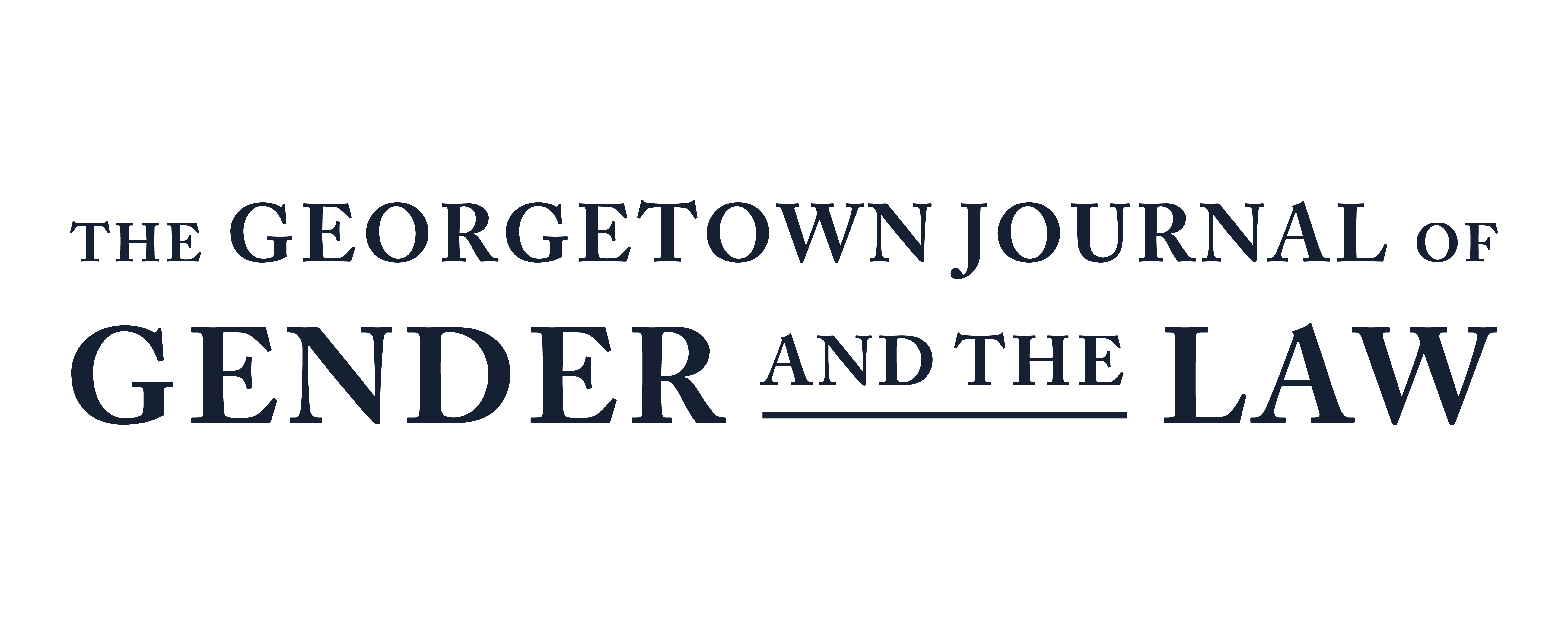“This Ain’t Texas”: The Thirteenth Amendment’s Role In Challenging Restrictionist States’ Extraterritorial Surveillance of People Seeking Abortions and Gender-Affirming Care
Since the Supreme Court in Dobbs v. Jackson Women’s Health Organization overturned Roe v. Wade, holding that the right to choose to have an abortion is no longer constitutionally protected, twelve states have totally banned abortions and seven states have severely restricted abortions early in pregnancy. Bans on gender-affirming care have proliferated as well with twenty-four states now banning safe and medically necessary surgery and medication for transgender youth. Restrictionist states have not stopped at their borders; some have imposed criminal and civil penalties for seeking and facilitating abortions and gender-affirming care in other states. Imperative for extraterritorial enforcement efforts are modern digital surveillance tools that enable restrictionist states to track people’s interstate activities. This is not a bug of new state laws, but rather a feature of oppressive laws throughout this country’s history. Dating back to chattel slavery, private and public actors have worked together to surveil the interstate movement of Black women, particularly when that travel threatened businesses’ ability to profit off Black women’s reproductive capacities. Arising from slavery’s capitalist structure, racist and sexist tropes about Black women, and intrastate and interstate surveillance used to prevent Black women from achieving reproductive freedom, today’s surveillance of menstruating and pregnant people and transgender youth seeking health care in other states where such care is legal is a “badge [or] incident” of slavery, prohibited by the Thirteenth Amendment.
This Note proceeds as follows. Part I illustrates the landscape of abortion and gender-affirming care restrictions, highlighting that their enforcement is likely to rely on private and public actors extraterritorially surveilling people through digital tools. Part II argues that safe haven states’ shield laws and federal proposals aimed at preventing information disclosure to restrictionist states about residents who seek and facilitate extraterritorial care will be inadequate to wholly protect them from prosecution or civil liability in their restrictionist home state. Part III demonstrates how the Thirteenth Amendment might be able to fill the gaps because such a constitutional claim could structurally challenge both private and public actors’ surveillance of people crossing state lines to obtain life-saving care.
Subscribe to GJGL
